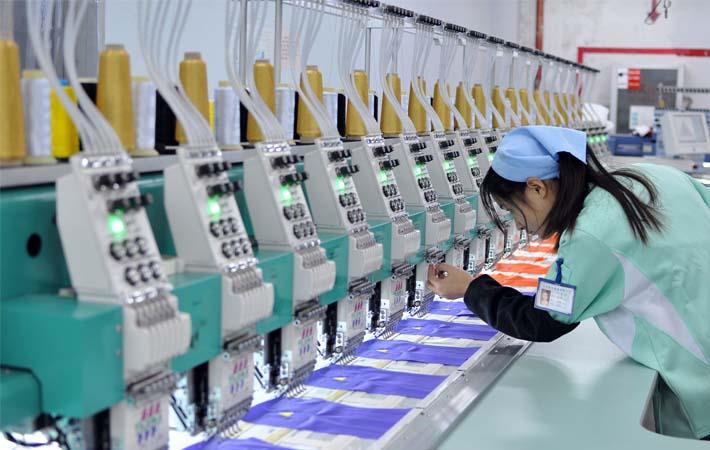'Smart factories to add $500bn to global economy by 2022'

Smart factory features include collaborative robots, workers using augmented reality components and machines that send alerts when they need maintenance.
By the end of 2022, manufacturers expect that 21 per cent of their plants will be smart factories, says the report conducted by Capgemini’s Digital Transformation Institute.
As a result of productivity, efficiency and flexibility improvements, smart factories will benefit from significant reductions in operating costs. For example, the report estimates that the average automotive manufacturer could drive up to a 36 per cent improvement in operating margin through improved logistics and material costs, equipment effectiveness and improved production quality. As such, the majority of industrial companies have already embarked upon their digitalisation of plants to stay competitive; only 16 per cent of those surveyed say they don’t have a smart factory initiative in place, or upcoming plans to implement one.
Early-adopters, including factories in the US and Western Europe are leading the pack; half of respondents in the US, France, Germany and the UK have already implemented smart factories as opposed to 28 per cent in India and 25 per cent in China.
Money is pouring into smart factories; more than half (56 per cent) of those surveyed have invested $100 million or more in smart factory initiatives over the past five years and 20 per cent have invested $500 million or more. Yet, according to analysis by Capgemini’s Digital Transformation Institute only a small number of organisations (6 per cent) are at an advanced stage of digitising production. Further, only 14 per cent of those questioned stated that they felt ‘satisfied’ with their level of success.
As manufacturers' smart factory efforts ramp up and returns improve the report predicts further investments in digitisation. The upper end of the Digital Transformation Institute’s forecast is that half of factories could be smart by the end of 2022 with the increased productivity gains adding up to $1,500 billion to the global economy.
"This study makes it clear that we are now in the digital industrial revolution. The impact on overall efficiency will be profound. The next few years will be critical as manufacturers step up their digital capabilities and accelerate their digital outcomes to maximise company benefits," said Jean-Pierre Petit, global head of digital manufacturing at Capgemini.
The shift to smart factories will transform the global labour market, and while previous waves of automation have reduced low-skill jobs, organisations have recognised the skills imperative and are now acting on it.
Respondents see automation as a means to remove inefficiencies and overheads, rather than jobs, so more than half (54 per cent) of respondents are providing digital skills training to their employees and 44 per cent are investing in digital talent acquisition to bridge the skill gap. For highly skilled workers in areas such as automation, analytics and cyber security, there are even more employment opportunities.
Grégoire Ferré, chief digital officer at Faurecia and Capgemini client said, "At Faurecia, we are seeing the greatest success in our employees working alongside intelligent tech. For example, we use smart robots in our business where there are ergonomic issues, ultimately creating a safer environment for workers and it gives them time back to focus on other, more-important tasks." (KD)
Fibre2Fashion News Desk – India
































-Ltd..jpg?tr=w-120,h-60,c-at_max,cm-pad_resize,bg-ffffff)





.jpg?tr=w-120,h-60,c-at_max,cm-pad_resize,bg-ffffff)
.jpg?tr=w-120,h-60,c-at_max,cm-pad_resize,bg-ffffff)






